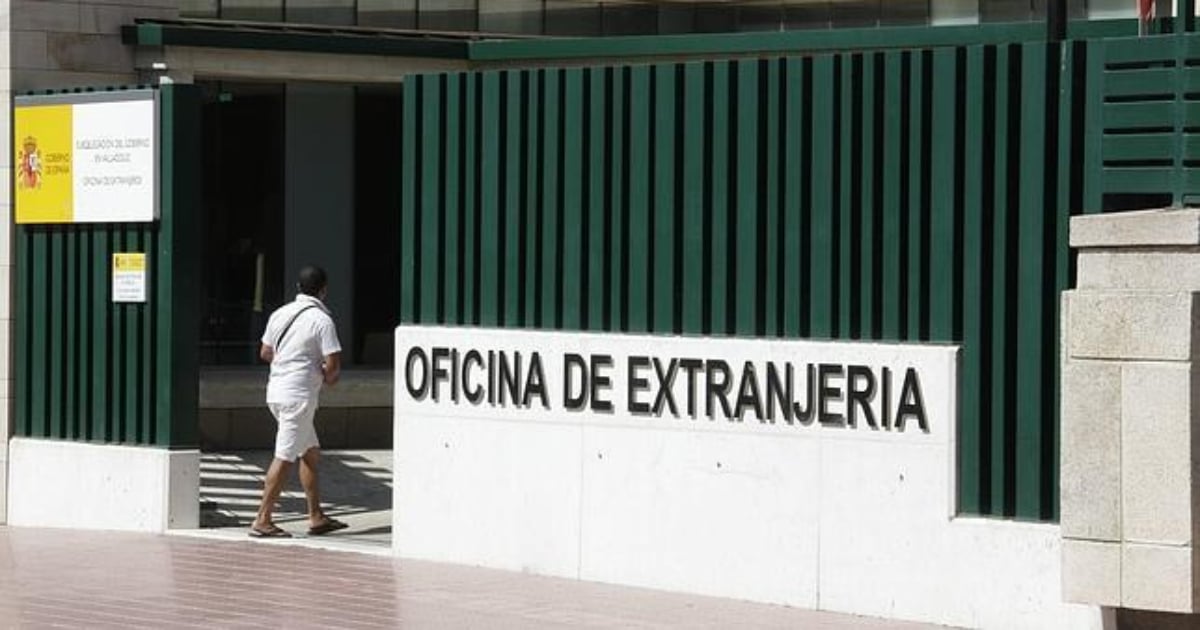
HeGovernment of Spain, led by the Minister of Inclusion, Social Security and Migration,Elma Saiz, announced an ambitious reform in theDevelopment Regulations of the Organic Law on Immigration.
The initiative seeks to simplify procedures, improve the protection of migrants' rights and is scheduled to conclude before the first half of 2024, Saiz indicated during the recent Sectoral Migration Conference.
The reform of the regulations of the immigration law focuses on reducing the diversity of current permits and simplifying documentation for migrants. Furthermore, according toThe country, contemplates the incorporation of two European regulations that combine work and residence permits, avoiding labor exploitation, and improving the rights of long-term residents and their families.
At the meeting, the distribution of unaccompanied migrant minors was discussed, with special emphasis on the approximately 4,700 children and adolescents in the Canary Islands, and the commitment of the autonomous communities to modify the legislation was agreed, thus regulating the responsibility of each region in the care of these minors.
In addition, the minister proposed the creation of a technical group to share information between the central government and the regional administrations, with the aim of improving the effectiveness of migration policies.
The autonomous communities, however, expressed their concern about the lack of state funding to provide adequate care to migrants, especially in the Canary Islands, in a situation that they described as an "unprecedented humanitarian crisis."
How would the proposal affect Cubans who wish to emigrate to Spain?
The proposed changes to the Immigration Law in Spain could have a significant impact on Cubans who wish to emigrate to the country, including those seeking to benefit from the so-called"grandchildren law".
This law allows descendants of Spaniards to obtain Spanish nationality, which has been an attractive option for many Cubans of Spanish ancestry seeking to settle in Spain.
In October it was known thatCubans have been the ones who have received the most Spanish nationality since the Democratic Memory Law (LMD) was approved., known as the "grandchild law."
The Consulate General of Havana was the one that approved the most nationalities until the end of August, with nearly 15,000 endorsed applications, a figure well above that of Mexico City, which follows with more than 8,500.
The reform planned by Saiz to simplify procedures and reduce the diversity of current permits could be beneficial for Cubans seeking to emigrate.
The possibility of combining the work and residence permit under the European regulations of the "single permit" could facilitate the process of establishment and employment in Spain for these migrants.
However, it is essential to consider that any change in immigration legislation can have both positive and negative repercussions. In the case of Cubans who benefit from the "grandchildren law", the streamlining of procedures and the simplification of documentation could simplify the process of applying for Spanish nationality.
On the other hand, increased requirements or changes in the criteria to obtain Spanish nationality could generate additional obstacles for those Cubans seeking to benefit from this law. The modifications in the long-term residence processes could also indirectly affect Cuban migrants seeking to establish themselves permanently in Spain.
Besides,It is important to take into account the political and social situation in Cuba and Spain, as migration policies can change in response to political developments in migrants' countries of origin and destination.
A reform of the Immigration Regulations of July 2022 benefited Cubans and other emigrants, facilitating their access to employment, family reunification and, in the case of students, and opening the doors to their labor regulation.
It is estimated that the legal modificationcould have benefited 23,500 Cubans who remained in an irregular situation in Spain, according to figures from UNHCR and NGOs.
The total number of Cubans emigrated to Spain at that time amounted to 188,353, of which 96,886 had already achieved Spanish nationality and another 67,967 were legal residents, according to the yearbook of the National Institute of Statistics (INE).
While the reforms to the Immigration Law in Spain may have a general impact on Cuban migration, the exact degree of this impact will depend on the specific details of the legal changes and how they are applied in practice.
In summary, although the proposed modifications could facilitate certain aspects of the immigration process for Cubans, especially those seeking to obtain Spanish nationality through the "grandchild law", it is essential to be attentive to how these reforms evolve and how they could influence the rights and opportunities of Cuban migrants who wish to settle in Spain.
What do you think?
COMMENTFiled in: